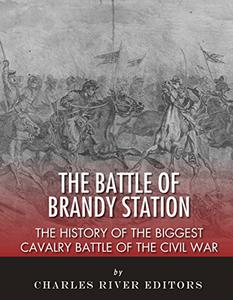 The Battle of Brandy Station: The History of the Biggest Cavalry Battle of the Civil War by Charles River Editors
The Battle of Brandy Station: The History of the Biggest Cavalry Battle of the Civil War by Charles River EditorsEnglish | May 7, 2015 | ISBN: 1512077305 | 55 pages | EPUB | 1.46 Mb
*Includes pictures *Includes accounts of the fighting on both sides *Includes online resources and a bibliography for further reading *Includes a table of contents "One result of incalculable importance certainly did follow this battle, - it made the Federal cavalry. Up to that time confessedly inferior to the Southern horsemen, they gained on this day that confidence in themselves and in their commanders which enabled them to contest so fiercely the subsequent battle-fields of June, July, and October." - Major Henry B. McClellan, JEB Stuart's adjutant general In early June 1863, the Confederate Army of Northern Virginia occupied Culpeper, Virginia, and after their victories at Fredericksburg and Chancellorsville against armies twice their size, the Confederate troops felt invincible and anxious to carry the war north into Pennsylvania. One of the proudest was iconic cavalry leader JEB Stuart, who had filled in admirably for the mortally wounded Stonewall Jackson the previous month at Chancellorsville. Back in command of the cavalry, Stuart bivouacked his men near the Rappahannock River, screening the Confederate army against surprise Union attacks. Buoyed by his recent successes, Stuart held a field review on June 5, but when Lee couldn't attend that one, he held another one in Lee's presence on June 8. During that one, the Confederates paraded nearly 9,000 mounted troops and four batteries of horse artillery for review, which included mock battles near Brandy Station. Some of the cavalrymen and newspaper reporters at the scene complained that all Stuart was doing was "feeding his ego and exhausting the horses," and he was referred to as a "headline-hunting show-off." Meanwhile, Union Army of the Potomac commander Joseph Hooker interpreted Stuart's presence around Culpeper as a precursor to a raid on his army's supply lines. In response, he ordered his cavalry commander, Maj. General Alfred Pleasonton, to take a combined force of 8,000 cavalry and 3,000 infantry on a raid to "disperse and destroy" the 9,500 Confederates. Crossing the Rappahannock River in two columns on June 9, 1863 at Beverly's Ford and Kelly's Ford, the first infantry unit caught Stuart completely off guard, and the second surprised him yet again. In addition to being the largest cavalry battle of the war, the chaos and confusion that ensued across the battlefield also made Brandy Station unique in that most of the fighting was done while mounted and using sabers. One account of the battle noted, "Of the bodies that littered the field that day, the vast majority were found to have perished by the sword." After 10 hours of charges and countercharges that swept back and forth across Fleetwood Hill involving drawn sabers and revolvers, Pleasonton decided to withdraw his exhausted men across the Rappahannock River. Stuart immediately claimed a Confederate victory because his men had managed to hold the field and inflicted more casualties on the enemy while forcing Pleasonton to withdraw before locating Lee's infantry, but Stuart was trying to save face, and nobody else, including Lee, shared his view of the battle. The fact was that the Southern cavalry under Stuart had not detected the movement of two large columns of Union cavalry and had fallen prey to not one but two surprise attacks. Two days later, the Richmond Enquirer reported, "If Gen. Stuart is to be the eyes and ears of the army we advise him to see more, and be seen less. Gen. Stuart has suffered no little in public estimation by the late enterprises of the enemy." Lee was now painfully aware of the increased competency of the Union cavalry, as well as the decline of the seemingly once-invincible Southern mounted armed forces under Stuart. Moreover, Stuart was now smarting from the negative publicity and the hit his reputation had taken at Brandy Station, and it would go on to have an impact on the ensuing battle of Gettysburg.
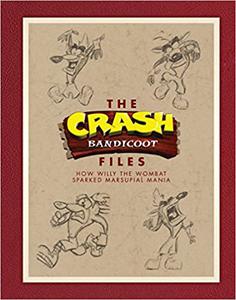


![S.T.A.L.K.E.R. 2 / STALKER 2: Heart of Chornobyl - Ultimate Edition (2024) [+UPDATE 23.12.2024 - v1.1.3] ElAmigos / Polska wersja językowa](https://i.postimg.cc/Zqd8RWGY/UZG8PBE.jpg)
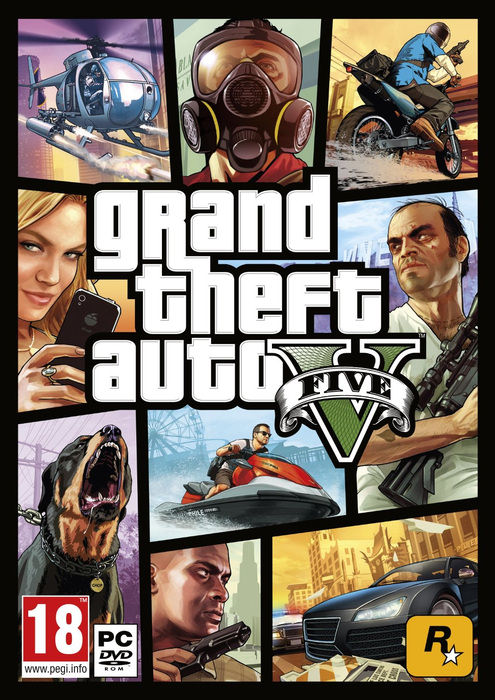
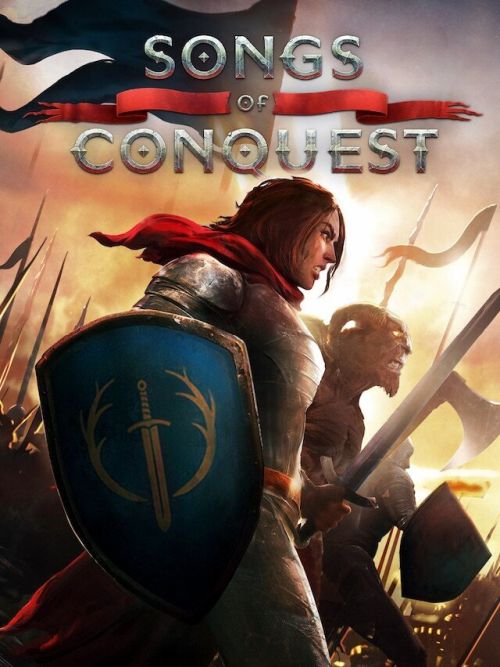



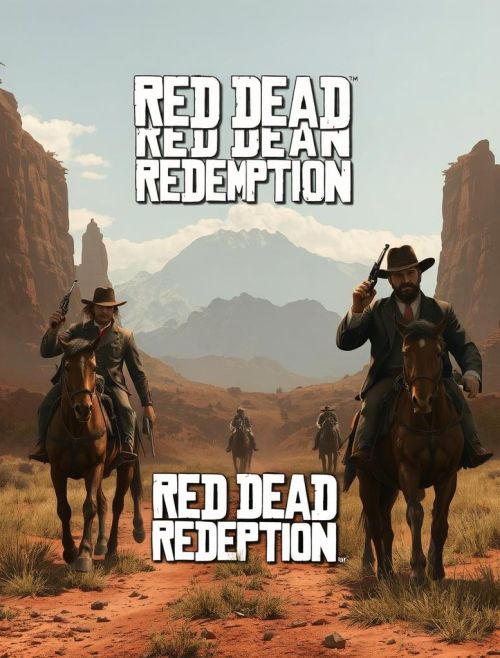

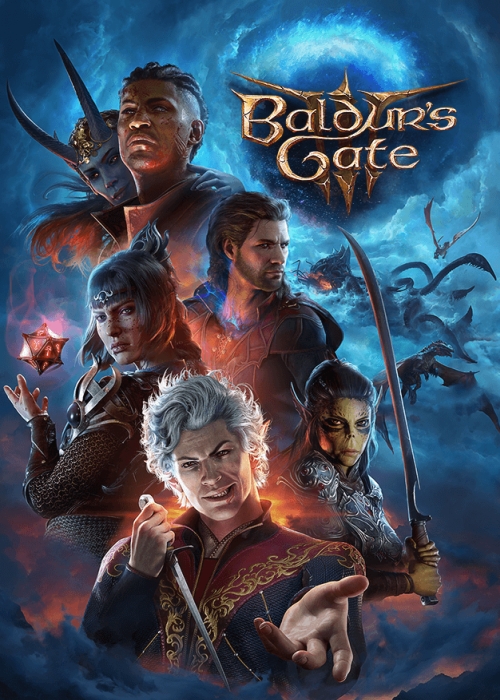

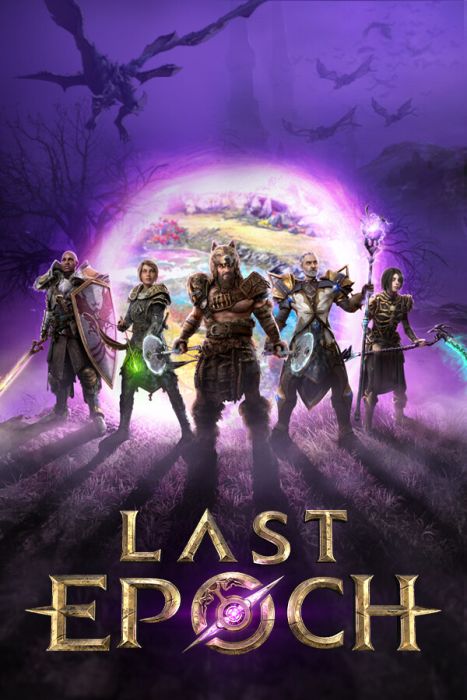
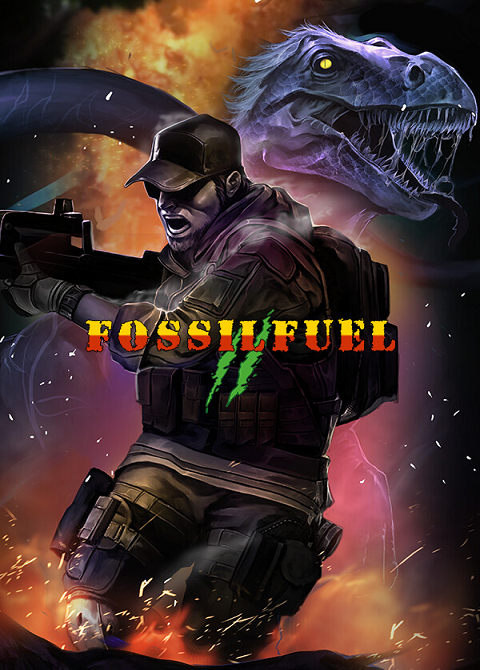
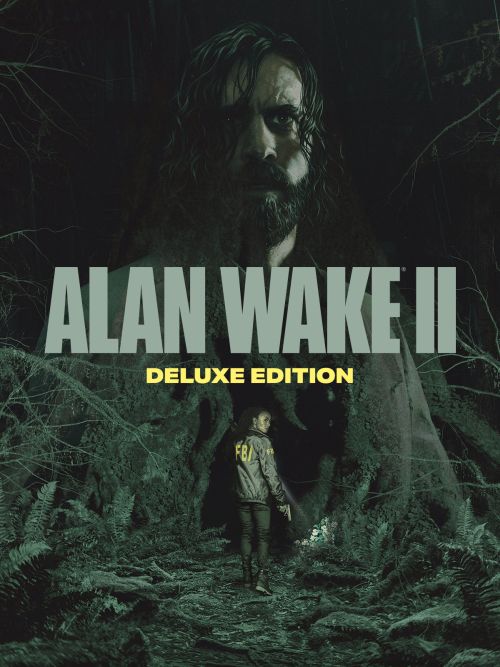


























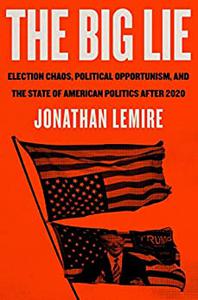
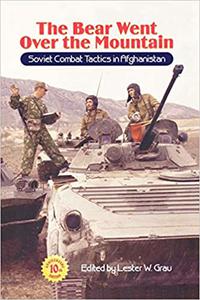


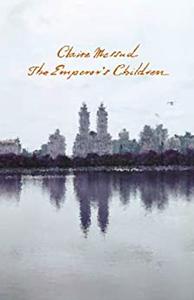
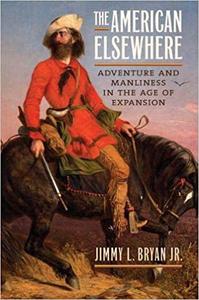





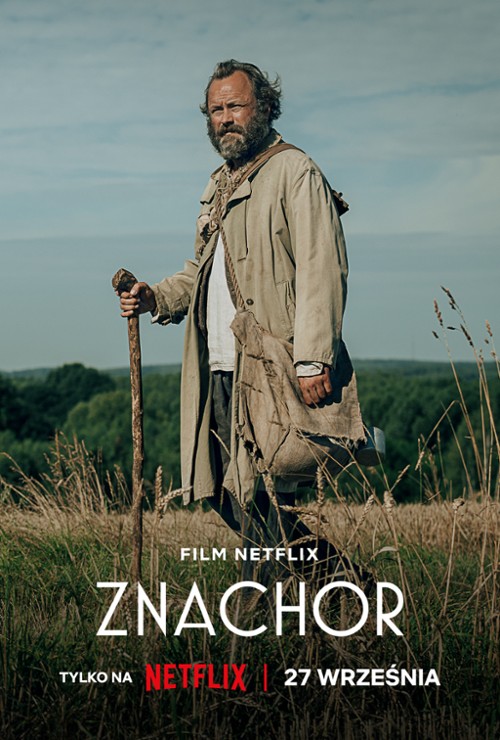

![David Gilmour - Luck and Strange (2024) [FLAC]](https://i.imgur.com/everaBc.jpeg)
![Męskie Granie Orkiestra - Męskie Granie 2024 (2024) [FLAC]](https://i.imgur.com/FAyOxrM.jpeg)
![The Rolling Stones - Hackney Diamonds (2023) [FLAC]](https://i.imgur.com/wCkyyUN.jpg)
![Lady Gaga - Harlequin (2024) [FLAC]](https://i.imgur.com/dcgIA8D.jpeg)
![Natalia Kukulska - Dobrostan (2024) [FLAC]](https://i.imgur.com/bdljG3O.jpeg)
![Kaśka Sochacka - Ta druga (2024) [FLAC]](https://i.imgur.com/hORQKvn.jpeg)
![Kuba Sienkiewicz - Pani Bóg (2024) [FLAC]](https://i.imgur.com/qijCx8Z.jpeg)
![Lanberry - Heca (2024) [FLAC]](https://i.imgur.com/8P7QfeR.jpeg)
![Sara James - PLAYHOUSE (2024) [FLAC]](https://i.imgur.com/m4f8OKg.jpeg)
![Grzegorz Hyży - EPILOG (2024) [FLAC]](https://i.imgur.com/8DA2sBr.jpeg)
![Myslovitz - WIECZORAMI CHŁOPCY WYCHODZĄ NA ULICE (2024) [FLAC]](https://i.imgur.com/l9mMtIG.jpeg)
![Krzysztof Zalewski - ZGŁOWY (2024) [FLAC]](https://i.imgur.com/vh48RAc.jpeg)
![Krzysztof Cugowski - Wiek to tylko liczba (2024) [FLAC]](https://i.imgur.com/SBzgqe2.jpeg)
![Nosowska - Kasia i Błażej (2024) [FLAC]](https://i.imgur.com/mObvVXQ.jpeg)
![sanah - Pianinkowe Kaprysy (2024) [FLAC]](https://i.imgur.com/pVjjPAa.jpeg)
![Kwiat Jabłoni - Pokaz slajdów (2023) [FLAC]](https://i.imgur.com/diERHfZ.jpg)
![Robert Cichy - Spacer po Warszawie (2024) [FLAC]](https://i.imgur.com/ixleU9o.jpeg)
![Viki Gabor - Terminal 3 (2024) [FLAC]](https://i.imgur.com/Q1KCnDs.jpeg)
![Sanah - Kaprysy (2024) [FLAC]](https://i.imgur.com/71OZm4h.jpeg)
![Męskie Granie Orkiestra - Męskie Granie 2023 (2023) [FLAC]](https://i.imgur.com/U4YHo8d.jpg)




